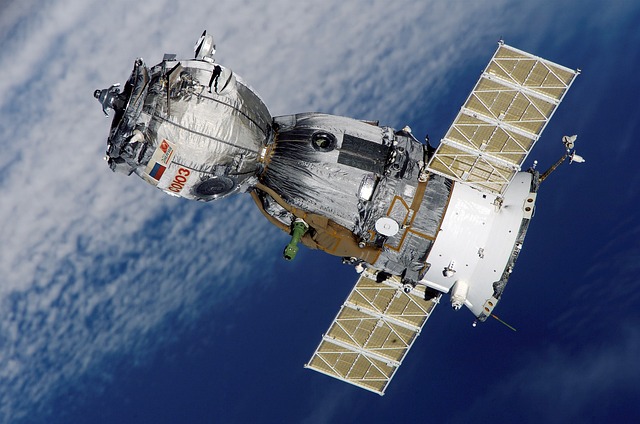Legal Challenges in Space Debris Mitigation
Space exploration's rapid advancement has brought an unexpected legal conundrum: the proliferation of space debris. As orbits become increasingly crowded with defunct satellites and discarded rocket parts, the need for effective space debris mitigation strategies has become paramount. This article delves into the complex legal landscape surrounding space debris, exploring current regulations, international cooperation efforts, and the challenges in enforcing space law beyond Earth's atmosphere.

Legal Framework for Space Activities
The foundational legal document governing space activities is the 1967 Outer Space Treaty. This treaty establishes the principle that space is the province of all mankind and should be used for peaceful purposes. However, it does not specifically address the issue of space debris. The lack of comprehensive international laws specifically tailored to space debris mitigation has left a regulatory gap that nations and space agencies are struggling to fill.
Current Space Debris Mitigation Guidelines
In response to the growing concern over space debris, the United Nations Committee on the Peaceful Uses of Outer Space (COPUOS) developed a set of voluntary guidelines for space debris mitigation in 2007. These guidelines recommend practices such as limiting the release of debris during normal operations, minimizing the potential for on-orbit break-ups, and removing spacecraft and orbital stages from useful orbits after the end of their mission. While these guidelines represent a step in the right direction, their voluntary nature limits their effectiveness.
Challenges in Enforcement and Liability
One of the primary challenges in addressing space debris from a legal standpoint is the issue of enforcement. Unlike terrestrial laws, space laws are difficult to enforce due to the lack of a centralized authority in space. Additionally, determining liability for damage caused by space debris is complex. The 1972 Liability Convention establishes that launching states are liable for damage caused by their space objects, but identifying the source of small debris particles is often impossible.
International Cooperation and Future Legal Developments
Recognizing the global nature of the space debris problem, international cooperation has become crucial. Initiatives such as the Inter-Agency Space Debris Coordination Committee (IADC) bring together space agencies from around the world to share research and develop coordinated strategies for debris mitigation. However, there is a growing call for more binding international agreements to address the issue effectively.
Emerging Technologies and Legal Implications
As technologies for active debris removal and on-orbit servicing develop, new legal questions arise. Who has the right to remove a defunct satellite belonging to another nation? How can space-based servicing operations be conducted without infringing on the property rights of satellite owners? These questions highlight the need for updated legal frameworks that can keep pace with technological advancements in space.
The Role of National Space Legislation
In the absence of comprehensive international laws, many countries are developing their own national space legislation to regulate the activities of their space industries. These laws often include provisions for debris mitigation as part of licensing requirements for space launches. However, the variation in national laws creates a patchwork of regulations that can be challenging for international space operations.
Economic Considerations and Space Sustainability
The legal landscape surrounding space debris is further complicated by economic considerations. Implementing robust debris mitigation measures can be costly for space operators, potentially impacting the commercial viability of space activities. Balancing the need for space sustainability with economic interests presents a significant challenge for policymakers and legal experts.
In conclusion, the issue of space debris mitigation presents a complex legal challenge that transcends national boundaries. As space activities continue to expand, the development of comprehensive, enforceable international laws governing space debris will be crucial. The legal community must work closely with scientists, policymakers, and space operators to craft innovative solutions that ensure the sustainable use of Earth’s orbital environment for generations to come. The future of space exploration and utilization may well depend on our ability to effectively address this growing legal and environmental challenge.






